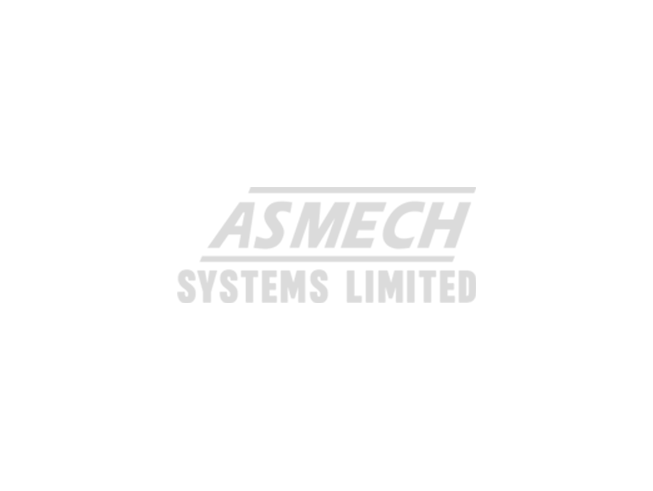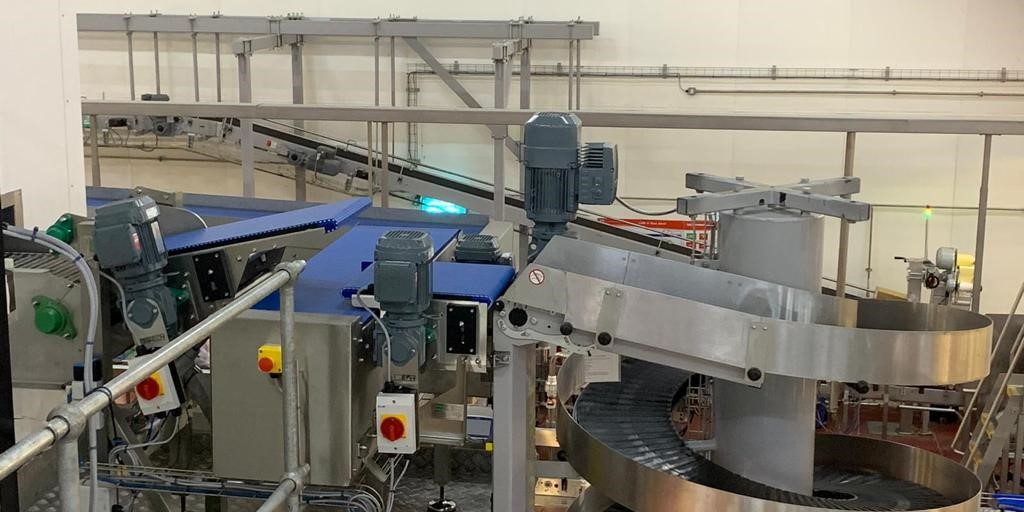The British Frozen Food Federation’s (BFFF) ‘’Frozen Food’’ report unveiled a remarkable surge in the sales across the frozen food sector. It suggested that shoppers contributed an additional £872 million to the frozen foods market in the preceding year, reflecting a substantial shift in consumer behaviour. As demand is predicted to see a 409 percent increase this year, it’s only a matter of time before more suppliers emerge in the market to capitalise on this burgeoning trend.
Drawing from our years of experience and expertise in the conveyor manufacturing industry, here are some key factors to keep in mind that will help you make informed decisions when setting up or upscaling your own manufacturing unit.
Material Compatibility
When dealing with frozen food items, it’s essential to choose conveyor belts made from materials that can withstand extreme temperatures without compromising their structural integrity. Conveyor belts for this sector of the industry are made of materials such as stainless steel or food-suitable plastic. Modular conveyor belts are particularly a good fit for food production.
System design and configuration
For frozen food applications, make sure to consider the design and configuration of the conveyor belt system. Usually modular plastic belts (food standard approved, of course) with a closed surface are often preferred. These belts prevent food particles from getting trapped in and facilitate easy cleaning. Additionally, ensure that the belt design supports smooth product transfer without causing damage or deformation. The type of belt you choose heavily depends on the product you’re manufacturing, so make sure to discuss your product and its requirements with a conveyor manufacturing expert like Asmech System Ltd., who can assist you with bespoke systems that suit your needs.
Ease of Maintenance
Opt for conveyor belts that are easy to maintain and repair. Quick and straightforward maintenance procedures can minimise downtime and ensure continuous operations. Some maintenance is unavoidable, but it’s important to consider belts that allow for easy access to components and have a design that simplifies cleaning and sanitation.
Belt strength and durability
Assess the strengths and durability of the conveyor belts, considering factors such as tensile strength and wear resistance. This also depends majorly on the type of frozen food you’re considering manufacturing. Frozen foods like turkey as opposed to bags of peas will have different strength and durability requirements. The belts should be capable of withstanding the demands of your frozen food’s processing environment, including its weight and any potential impact.
Supplier reputation and support
Industry surveys consistently highlight the correlation between supplier reputation and product quality. Experts recommend choosing conveyor belt suppliers with a proven track record in the food industry. As legacy manufacturers that have been in the business for 25+ years, we have conveyor experience in an extensive range of industries, including dairy, confectionery, food and drink, frozen foods, plastics, and automotive sectors. Our trusted team of experts are experienced in designing, manufacturing, supplying, and installing bespoke conveyors with excellent professional efficiency and in a timely manner. A reputable supplier, backed by excellent customer support, ensures a reliable and robust conveyor belt solution that never stalls your production chain.
If you would like to speak to an expert for your conveyor belt needs, please contact us on 01623 424 442 or at sales@asmechsystems.co.uk









